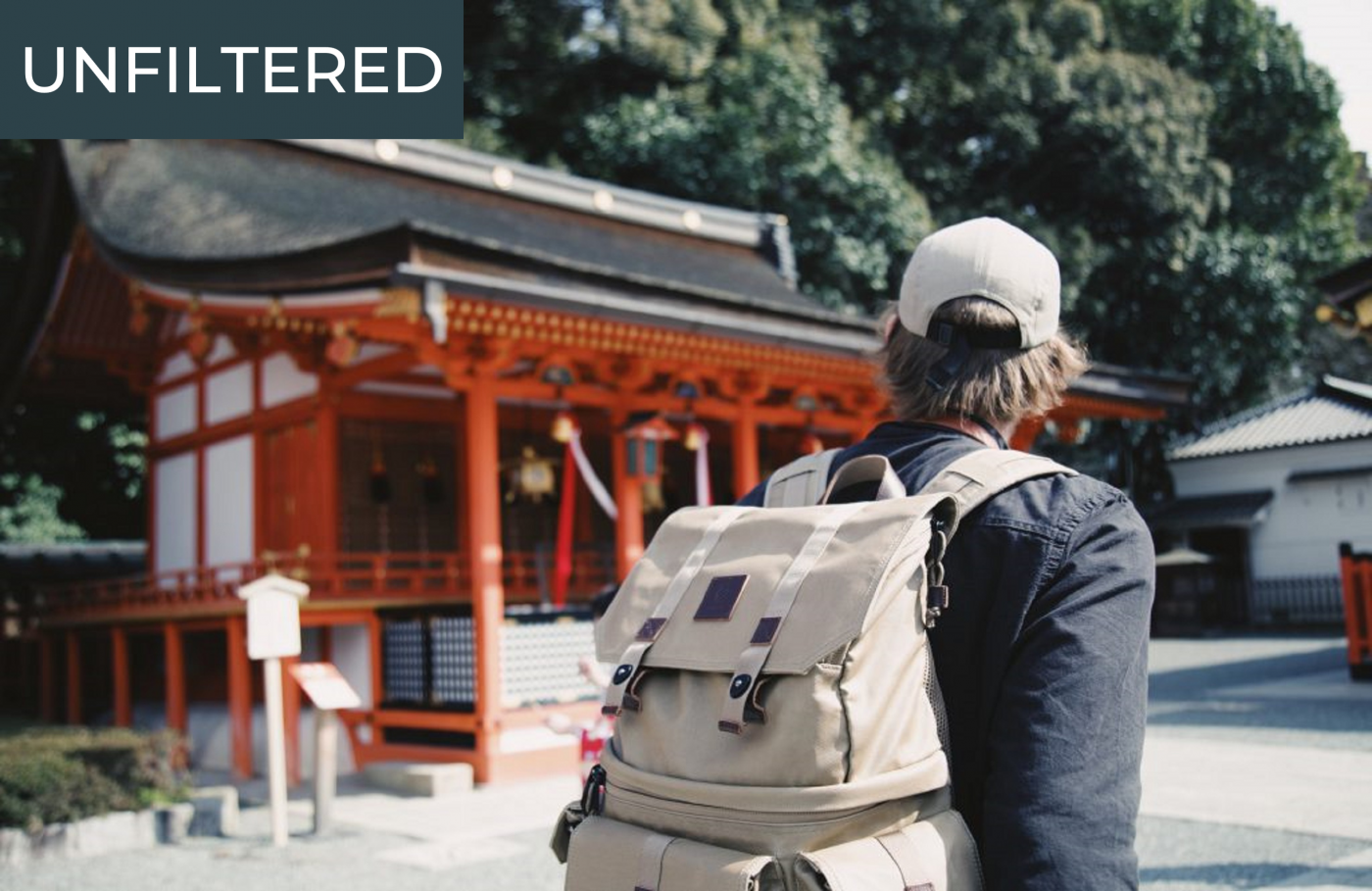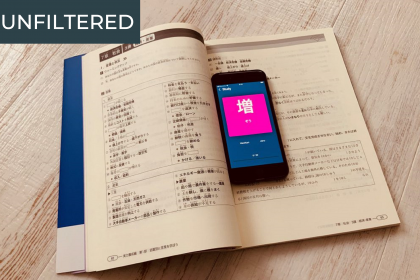In this roundtable discussion, we look back on our past in Japan to help you plan ahead for your future. Moving to a new country on a whim can be fun and exciting, but as you’ll soon read, there are some important things to consider before you start packing your bags. Even if you think you’ll only live here for a year or two, make some long term plans, just in case. Read on to find out why.
The Japan Rail Pass: a Distant Memory
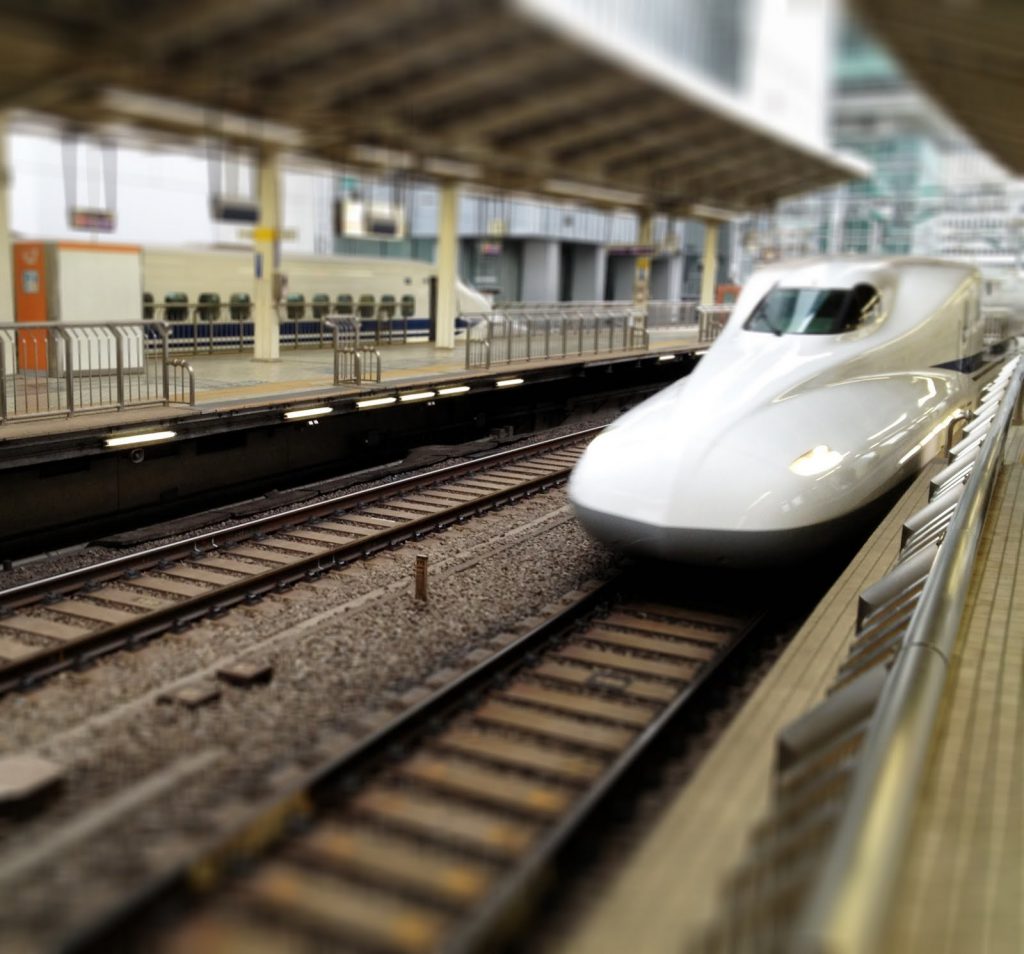
Anthony: So, everyone, what do you wish you had known before coming to Japan? Or, if you could do it all over again, what would you do differently?
David: I wish I had known how expensive it is to travel in Japan, especially the Shinkansen. I would have taken advantage of the Japan Rail Pass. Before you actually live in Japan, when you come here on a tourist visa, for example, that’s a time you can buy and use the Japan Rail Pass to binge travel to every corner of the country.
Now, there are places that I haven’t been to, but it’s so expensive to go to those places, so I keep putting off my travel plans. Whereas if I could put down 30,000 yen for a three-week rail pass, then I could go anywhere between Kyushu and Tohoku, visiting a new city every day.
Now that I’m here as a resident, that’s no longer on the table. Travel happens little by little. I have to keep saving up. And since I’m working, there’s less time to take trips. So I’m envious of all the travelers who just arrived in Japan with a tourist visa and can use this pass.
Amelie: I agree. I came to Japan on a working holiday visa, so I was not able to get a Japan Rail Pass. Even when I came here 15 years ago as a student, I couldn’t get it. So I never had the joy of using the pass. So, I’m very jealous of people who can use the Japan Rail Pass. I’m in the same situation as you: I save up and take short trips to different places when I can.
David: So, for those reading this, if you have an opportunity or some downtime before you start working in Japan, get the Japan Rail Pass and travel. It’s definitely worth it.
Japanology 101
David: I have another regret. After moving here I learned that it’s possible to study Japanology [Japanese studies] in university. I don’t know about America or France, but in Belgium, it’s an option. I’ve met a number of people who have this degree. They speak great Japanese because that was part of their university training, and they get really great jobs because their curriculum enables them to come here via internships and training programs hosted by Japanese companies. In other words, I studied the wrong thing in university.
Amelie: We have this in France as well. There’s a few places, especially in Paris, where you can study anything about Japan: culture, language, business, and more. Since Japan has become so popular among young people within the last 10 years, these classes have gotten really crowded. For first-year courses, there’s so many people that some have to stand in the hallways because there’s no space for them in the classrooms. Still, I don’t know exactly what kind of job you can get with this degree. Maybe you can find a chance to come to live in Japan. However, if you stay in France, I don’t know if you’ll have lots of opportunities.
Visas and Pensions and Taxes, Oh My!
Anthony: One thing I definitely wish I had paid more attention to is how the visa system works. I also wish I had learned more about the national pension [social security], municipal tax, and the national health care systems. All of those things are important for long-term financial and career planning.
For example, if you’re planning to move to Japan and build a career or a business, there are so many nuances about each type of visa and there are so many loopholes—and not the good kind. It seems like every year, I learn about some obscure visa rule that causes me grief. So If I could do it all over again, I might even go as far as getting in touch with an immigration lawyer before moving to Japan. I would also think carefully about the best timing to make career moves.
David: Yes, if the tax and pension systems aren’t properly explained to you when you arrive in Japan, you should try to find out more about them. This is because these things catch up to you eventually.
For example, you’ll start receiving large bills for ward [municipal] taxes after you spend more than one year in Japan, which can come as a rude surprise. So definitely research this beforehand or ask about it as soon as you get to Japan.
Anthony: It’s important to remember that once you have a proper work visa, you have every social responsibility and social benefit that a citizen does, with the exception of voting. This means that you’ll need to pay into the healthcare system, either through your employer or through the national program, and you’re going to be building a pension fund. You’re going to be benefiting from emergency services and affordable healthcare, but you’re also going to be paying into those systems, just like everyone else in Japan does. So, it’s really important that you learn how everything works.
Amelie: The system can be very confusing, because the amount of money you owe for these services tends to increase year after year. You don’t have to pay so much in your first year in Japan because, in the eyes of the government, you didn’t exist the year before. But after that, if your career is going well and you’re making more money, then you have to start paying more into the health care system and, of course, more taxes. So please think about it and make sure to save a little. Even if you think everything’s fine, you may end up with a bad financial surprise.
Anthony: That’s a really good point that we should highlight, especially if you’re going to start your own business or, for whatever reason, take a salary cut. Your health insurance and ward tax payments are based off of the earnings from the previous year. That means when you change from a high-paying job to a low-paying job, you’re still going to have to make those high payments on your new, lower salary. So, as you said, Amelie, saving money from the beginning is very important for avoiding these kinds of surprises.
Is There No Escape From Tokyo?
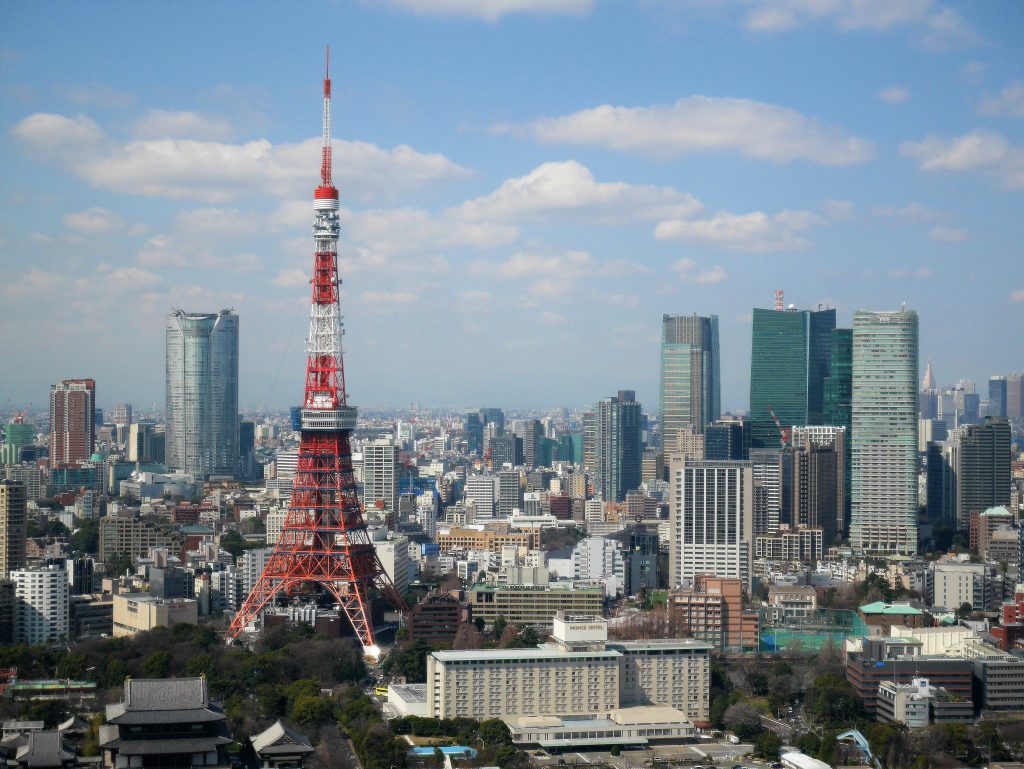
David: There’s one last thing I wish I had done, and I think we’re all in the same boat here. If you live in Tokyo from the beginning, it’s very difficult to live in a smaller city or the countryside. Some of my colleagues and friends who had the best experience here in Japan started out in a small countryside town where they could really get to know deep Japanese culture. They were part of the community and had a unique experience. They enjoyed that for two or three years and then moved to Tokyo. The reverse is quite difficult to do because you get so used to the comfort and convenience of Tokyo.
Amelie: I’m not sure. Sometimes I think about having a peaceful life and what it would be like to live in a smaller city. I think I should be OK. Now you can get almost anything online anyway. Yes, there’s a good social life here in Tokyo and that’s not going to be the same in the countryside. But, I’m sure you can find an entirely new kind of social life there that might also be interesting.
David: Wouldn’t you get bored? If you’re in a small countryside village there are just a few shops and restaurants that you always have to go to. In Tokyo, every week you have a new place to try. I can’t imagine, at this moment, moving far away.
Anthony: It depends on your hobbies and your lifestyle. I like open spaces, I like nature, and, most importantly, I like to drive. As long as you’re willing to drive every day to get where you want to go you’ll be fine. You can just drive to the nearest UNIQLO or whatever. It’s the same lifestyle I had in the States, so I’m used to that. I hope to live in the countryside someday, buy a car, and drive all the time.
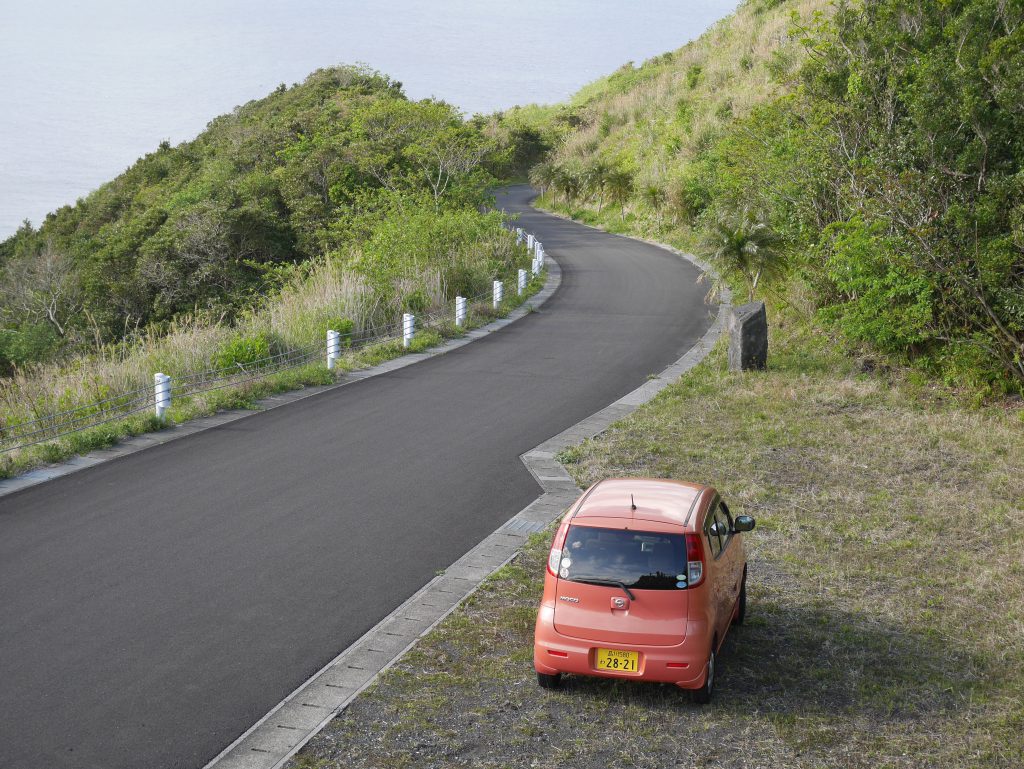
David: What would you do for a living? [laughs]
Anthony: That’s the difficult part [laughs]. Well, I do a lot of my work remotely, and perhaps I can pivot more of my work in that direction.
Amelie: You should go to Kamiyama. You can do remote work there and the countryside is really beautiful.
Anthony: That might be pretty extreme… But, hey, send me there for a project and let’s see what happens!

